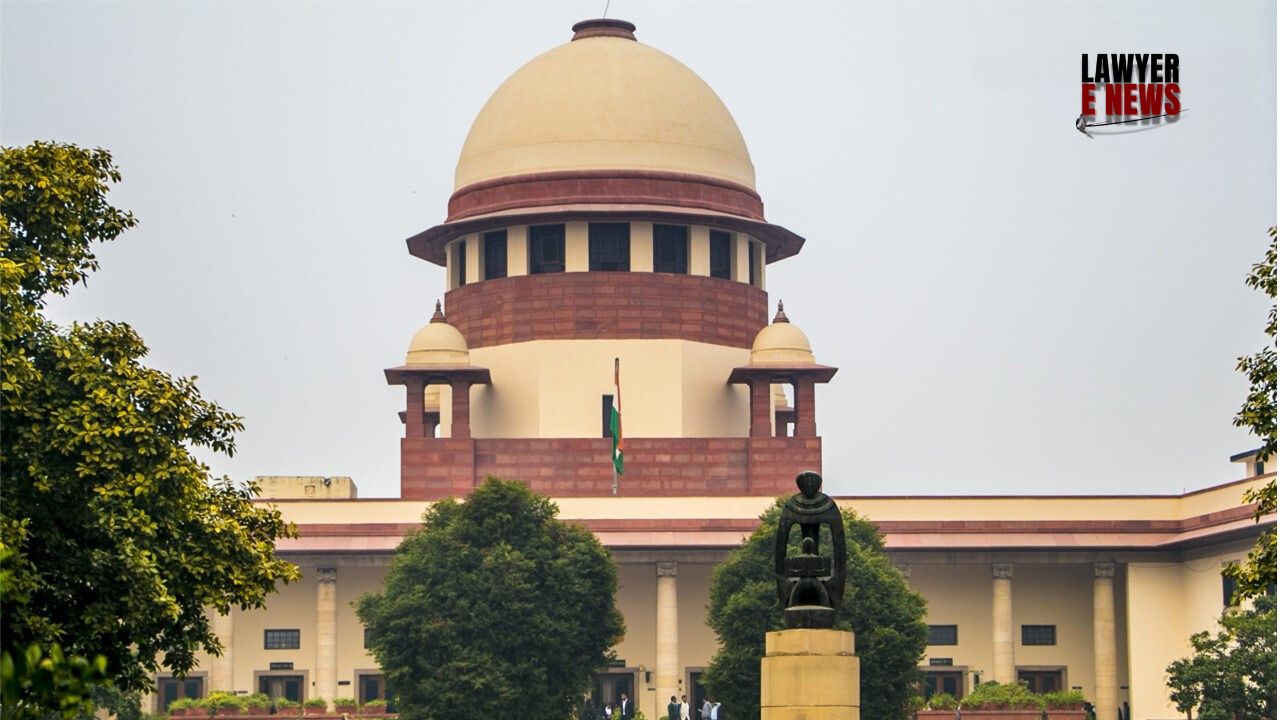-
by sayum
14 February 2026 2:22 PM



In a latest judgment, the Supreme Court has extended the benefits of the 6th Central Pay Commission (CPC) to the employees managing the Special Frontier Force (SFF) Compulsory Saving Scheme Deposits (SSD) Fund, categorizing the denial of such benefits as arbitrary and discriminatory. The judgment, delivered by a bench comprising Justices Hima Kohli and Sandeep Mehta, sets aside the Delhi High Court's order, ensuring that the SSD Fund employees receive pensionary and other benefits on par with their counterparts in the Accounts Section of the SFF.
The appellants, employees of the SSD Fund of SFF, had been denied the benefits of the 6th CPC by the Union of India on the grounds that they were not regular government employees but temporary staff managing a contributory welfare fund. Despite serving for over three decades in various capacities such as Junior Accountants and Lower Division Clerks, the appellants were only granted an ad-hoc amount instead of the revised pay scales and were excluded from pensionary benefits upon their retirement.
Aggrieved by this exclusion, the appellants sought relief through the Central Administrative Tribunal, which dismissed their claims. The Delhi High Court upheld this dismissal, prompting the appellants to move the Supreme Court.
Recognition of Government Service Characteristics: The Supreme Court noted that the appellants, despite being labeled as temporary employees, exhibited all characteristics of regular government servants, including regular pay scales, promotions, and other service benefits. The Court observed that these factors "strongly indicate a formalized employee-employer relationship akin to permanent government employees."
Public Importance and Governmental Functions: The Court emphasized that the appellants' work, involving the maintenance of accounts for the SSD Fund, was of public importance and closely related to governmental functions, thereby warranting the same treatment as regular government employees.
Dismissal of Respondents' Arguments: Rejecting the Union of India's argument that the appellants' temporary status excluded them from 6th CPC benefits, the Court held that this reasoning oversimplified their relationship with the government. The judgment highlighted that "the essence of employment and the rights thereof cannot be merely determined by the initial terms of appointment when the actual course of employment has evolved significantly over time."
The Supreme Court relied heavily on the principles established in Ajay Hasia v. Khalid Mujib Sehravardi and Pradeep Kumar Biswas v. Indian Institute of Chemical Biology, which laid down tests to determine when an entity or individual can be considered an instrumentality or agency of the government. The Court found compelling evidence that the appellants' employment met these tests, particularly regarding government control, financial arrangements, and the public nature of their duties.
Justice Sandeep Mehta remarked, "The denial of pensionary benefits solely on the basis of their temporary status, without due consideration of these factors, appears to be an oversimplification of their employment relationship with the government. This approach runs the risk of creating a class of employees who, despite serving the government for decades in a manner indistinguishable from regular employees, are deprived of the benefits and protections typically accorded to government servants."
This judgment is a significant precedent in the realm of employment law, particularly in cases involving long-serving temporary or contractual government employees. The Supreme Court's decision underscores the judiciary's commitment to ensuring that employees who serve in roles indistinguishable from those of regular government servants are not unjustly denied their rightful benefits. By mandating the extension of 6th CPC benefits to the appellants, the judgment reinforces the principles of fairness and equity in public employment.
Date of Decision: August 22, 2024.
Rajkaran Singh & Ors. vs Union of India & Ors.
